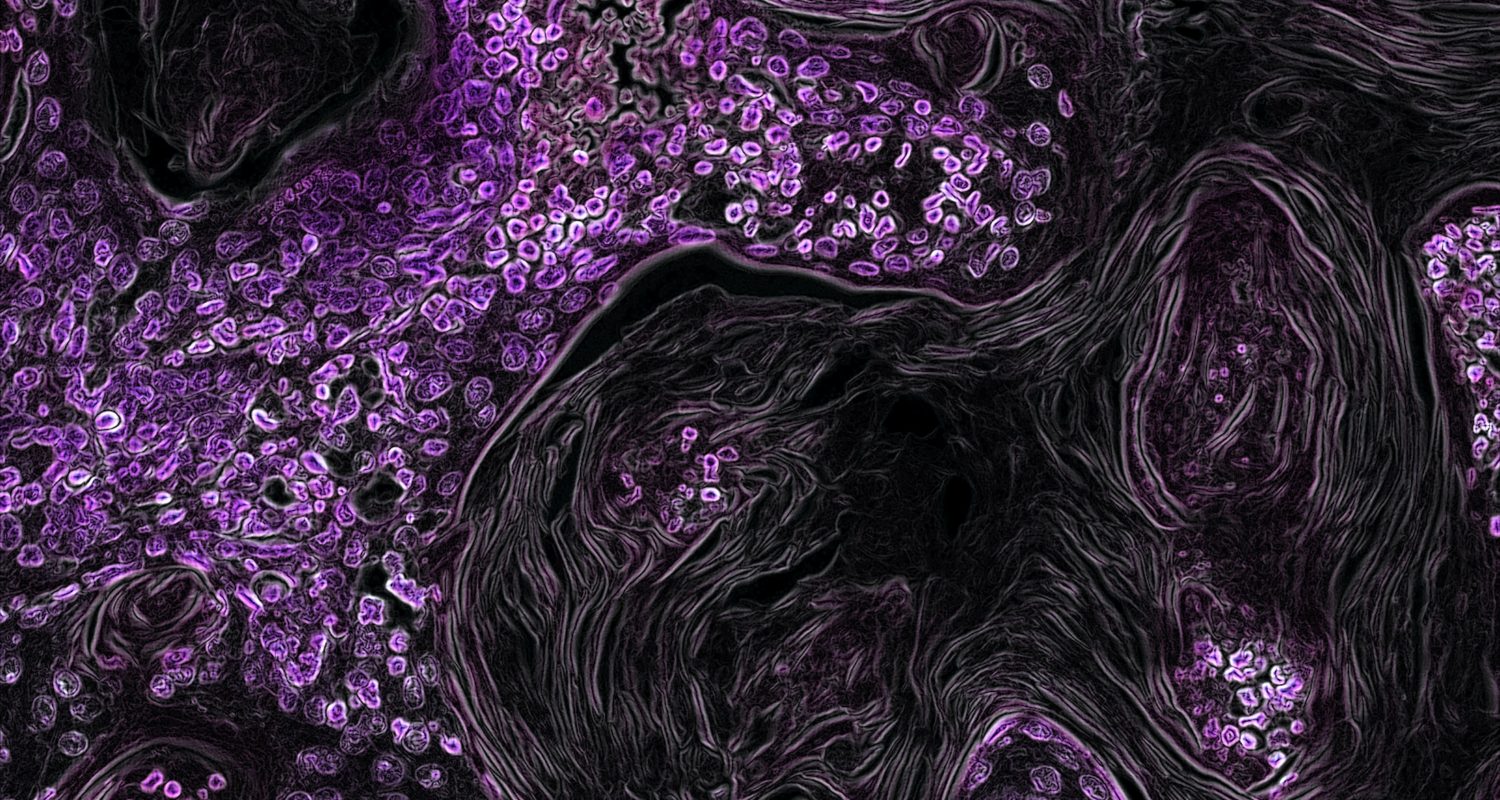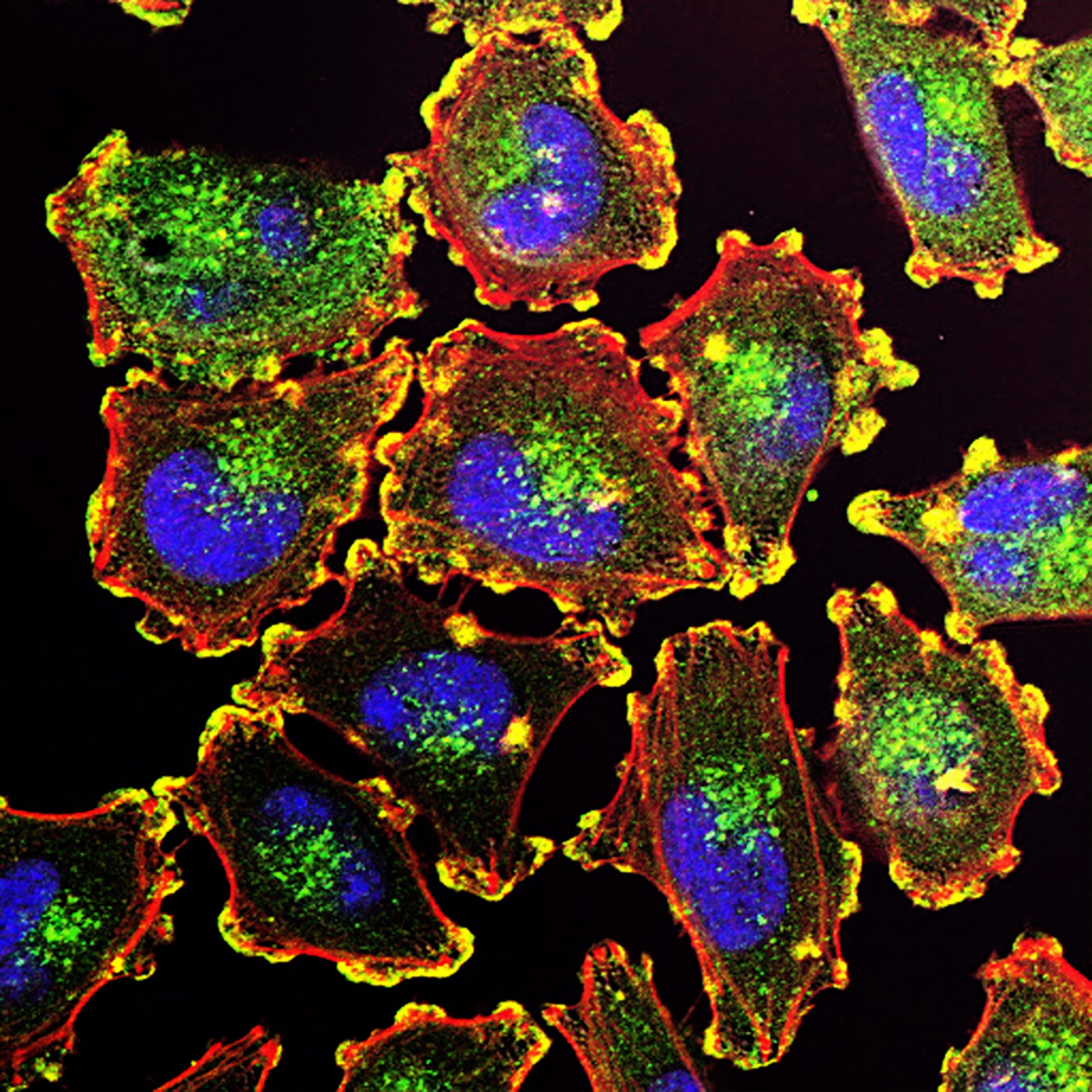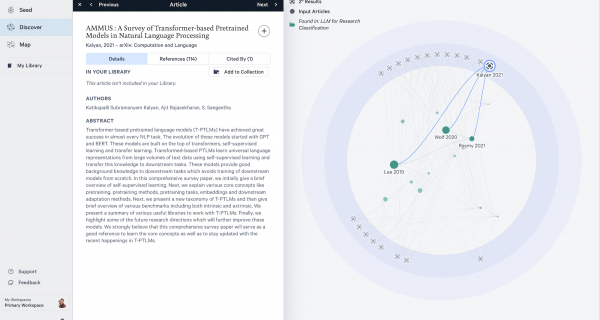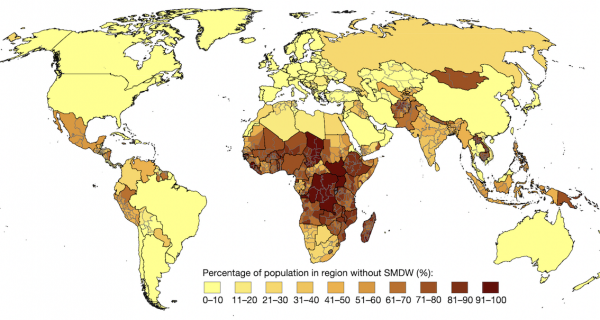Transforming Cancer Cells into Teachers: A Promising New Approach to Fighting Cancer
Stanford Medicine scientists have found a way to transform cancer cells into weapons against cancer.

In a breakthrough study published in Cancer Discovery, researchers from Stanford Medicine have shown that cancer cells can be transformed into antigen-presenting cells (APCs) that train the immune system to attack the cancer they originated from. This approach could potentially be used to develop a new therapeutic strategy for treating cancer.
One of the most promising cancer treatments currently being explored is using the patient’s own immune system to attack cancer cells. This is often done by either taking the brakes off the immune response or by teaching the immune system to recognize and attack the cancer more vigorously. T cells, which are part of the immune system, can be trained to recognize specific cancer antigens, which are proteins that generate an immune response.
However, current approaches like CAR T-cell therapy are limited in that physicians must guess which antigens will be most effective in treating the cancer. The new approach developed by the researchers involves training T cells to recognize cancer via a process that mimics the way vaccines teach the immune system to recognize pathogens.
The researchers hypothesized that if cancer cells were transformed into APCs, they would be naturally adept at teaching T cells what to attack. The team successfully programmed mouse leukemia cells to transform themselves into APCs and tested their cancer vaccine strategy on the mouse immune system, where the mice successfully cleared the cancer.
The researchers then tested the approach on three different types of cancer: mouse fibrosarcoma, breast cancer, and bone cancer. Although the transformation of cancer cells from solid tumors was not as efficient, the results were still positive, and the creation of tumor-derived APCs led to significantly improved survival.
In the final experiment, the researchers exposed human leukemia cell-derived APCs to human T cells from the same patient, and they observed all the signs that would be expected if the APCs were indeed teaching the T cells how to attack the leukemia.
The authors of the study hope that in the future, they may be able to transform enough cells to activate the immune system against cancer without having to take cells out first. This approach has the potential to open up an entirely new therapeutic approach to treating cancer.
As the results show, the approach developed by the researchers at Stanford Medicine has proven promising results in transforming cancer cells into APCs that train the immune system to attack cancer. This approach has the potential to open up an entirely new therapeutic approach to treating cancer and may provide a way to develop a new vaccine for cancer.






































